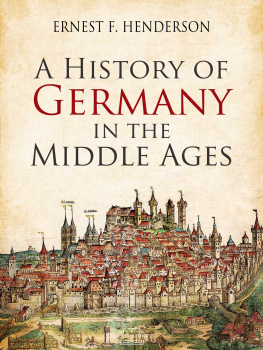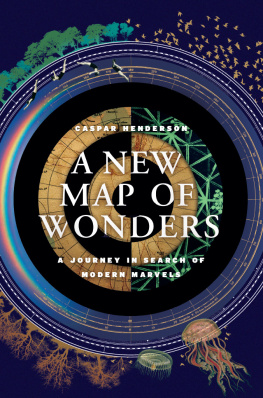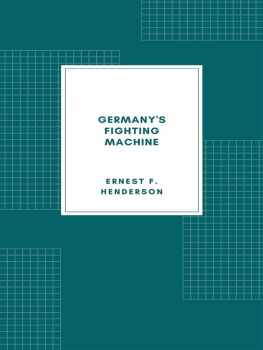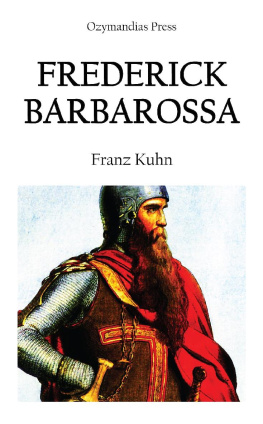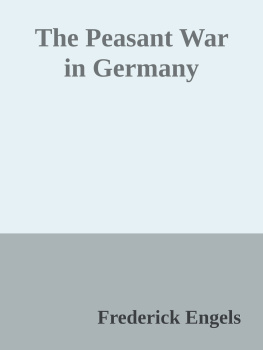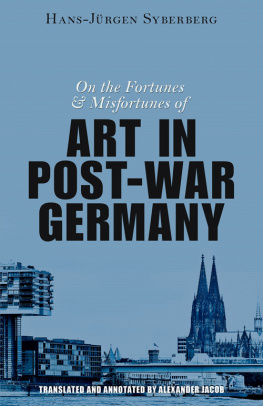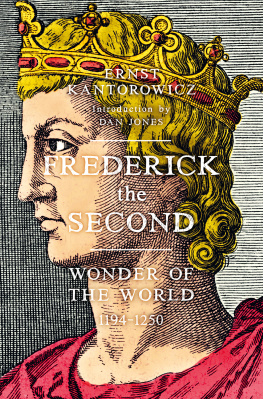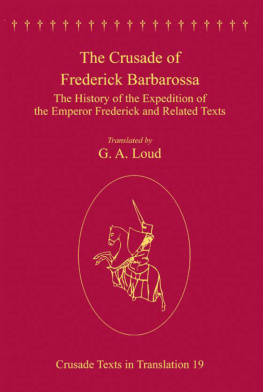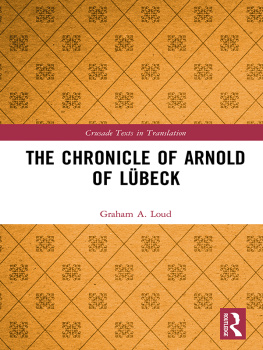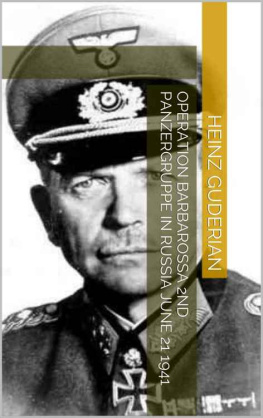PREFACE
IT may seem strange that one whose aim and desire is to be considered an American writer, should first launch his adventurous craft on the tide of English popular favour, rather than entrust it to the currents, likely to be more favourable or less dangerous, of his own native depths. This has come about in great part by accident. I happened to be on this side of the ocean when this volume reached its completion, circumstances prevented my return to America, and yet I was eager without delay to try my experiment on the public.
For it is an experiment. Apart from the question as to whether or not I am capable of putting life and spirit into the vast body of facts and events that concern the past of so enormous a political creation as Germany, I have been assured from competent side that there is not sufficient interest in the subject to warrant a work like the present.
My belief is, that if there is not, there ought to be. Not to speak of the breathlessly exciting incidents of the German Reformation, nor of the proud emancipation of the grand modern empire from the trammels of disunity and disorganization, there is that in the fortunes and misfortunes of a Charlemagne and Henry IV., of a Barbarossa, a Henry VI. and an Emperor Frederick II., which should stir the heart of any observer, no matter what his nationality. The rise and fall of the mediaeval German Empire is in itself a subject boundlessly interesting, boundlessly important. Open your eyes, oh ye students of men and of institutions, and see how Europe has come to be what it is, and how near it came to being something quite different! If Italy had remained under the sway of Germany, if Frederick Barbarossa or his successors had done away with the papal power, as they often seemed about to do, would the fate of England and France have been the same?
And yet what do the ordinary English or American readers know of the mediaeval German Empire, or, to give it the full title it enjoyed when in its prime, of the Holy Roman Empire of the German nation? And how should they know anything about it, considering how scanty and how insignificant is the literature on the subject! Bryces essay is almost the only very recent book to which one can point, and this is, as it was meant to be, the merest fleeting sketch. What does it tell us of the daily movements and occupations of the mediaeval emperors, of the condition of things in their lands, of their legislative measures, or of their wars?
I think I am right in saying that there is no narrative history of Germany apart from a few translations of antiquated German works, and a few compendiums which certain ladies and gentlemen have compiled in their leisure hours in the English language. In this regard England has been treated better by German scholars. Lappenberg and Paulis history of England is written with all the care and devotion that native historians could have shown.
The present work is the result of much labour, and of years of enforced exile from home. May all these pains not have been in vain; may the book not fall dead as soon as it is born, but rather may it live and play its part in the world vigorously. May it make its friends, and, if need be, its enemies, be hated deeply and loved warmly.
E. F. H.
London, April 5th, 1894.
INTRODUCTION.
SINCE the comparatively recent time when, by the efforts of Wolf, Niebuhr, and Ranke, historical investigation was raised to the rank of a science, the whole of the German history has been re-written. New sources of information have been opened up, old problems in many cases solved. More than fifty thousand historical essays and other works, relating to Germany, have been reviewed by the Jahresbericht der Geschichtswissenschaft in the thirteen years alone between 1878 and 1890.
Not in one, but in many ways has history writing been revolutionized in our own day. In the first place, the immense importance of text-criticism has been recognized; no scholar now edits a chronicle or document of the past without distinguishing carefully between the original, or at least the oldest obtainable, manuscript and the horde of later copies with all of their accumulated errors. The study of paleography has enabled men to determine at least in what century a given text was written, and many a document or chronicle long considered very ancient has been found to be by a comparatively modern hand, and vice versa.
By comparing the changes, too, and the omissions of words and clauses in a number of different manuscripts of a given work, the prototype or original manuscript from which all the others were taken can often be discovered.
What this method signifies for the truth and accuracy of a historical text may be made clear from the case of Einhards life of Charlemagne, written shortly after the death of the great hero. Of this valuable writing there are eighty manuscripts extant, of which all but a very few are worthless copies made, in the course of centuries, not from the original, but one from the other. The later scribes and copyists, too, were men far less capable of performing such a task than are many schoolboys of to-day.
It is only modern scholars who have been able to establish the relationships of these Einhard texts to each other, and to sift the later ones of their accumulated errors and interpolations. And the case just mentioned is but one among hundreds.
It must be remembered in this connection that, in the Middle Ages, as parchment grew scarcer, or at least more expensive with time, it became the custom to contract almost every word of more than one syllable; and that the next copyist often had to use his imagination as to the real word that was intended. Many of the manuscripts of the thirteenth century seem a mere mass of signs and tokens of abbreviation. How often, too, not to speak of interpolations wittingly and wantonly made for a given purpose, have marginal remarks of a reader or commentator been attributed by a later scribe to the original author, and placidly incorporated in the new copy!
Altogether the study of paleography and of original historical sources gives one an amazing insight into the peculiarities, the follies, and the weaknesses of our forefathers. The abbot of a monastery interpolates or otherwise falsifies a charter of privileges to gain or preserve this or that right, or to raise the value of these or those relics. A chronicler does not hesitate to put down fictitious details which may add to the glory of the ancestors of a family which gives him its patronage. More than half the charters attributed to Merovingian times have been proved to be fraudulent in either one way or another.
Follow the stream back to its source, reconstruct your edifice from the very foundation, find out the original authority for every assertion; such are the watchwords of the modern school of historians. How many extravagant and yet long-credited assertions concerning Charlemagne have been traced back to the gossipy and far from veracious monk of St. Gall, who wrote more for the amusement than for the edification of Charles the Bald! And Heinrich von Sybel, now the Nestor of German historians, has shown that the chronicle on which most of the modern accounts of the first crusade have been based was never intended even by its original author to be taken seriously.
It is for mediaeval times especially that most astonishing difficulties have had to be met and overcome by the modern investigator. For this the peculiarities of the old chroniclers are mostly responsible.
There was a formalism, for instance, that seemed to belong to good tone among writers of a given period. We find one author, Lambert of Hersfeld, who seems to have a regular formula for conspiracies. They all come about in the same way, and the details are repeated in almost the same words. It is most usual, too, and the blame for it attaches to Livy, who set the example for Latin writers, for chroniclers to put set speeches in the mouths of those with whom they are dealing speeches which they never by any chance could possibly have uttered. Others will relate interviews it is Lambert again who sins in this way as though they themselves had been actually present, when we know for certain that the two persons concerned were absolutely alone and would never have been likely to repeat even the general tenor, let alone the actual words, of what had passed between them.

